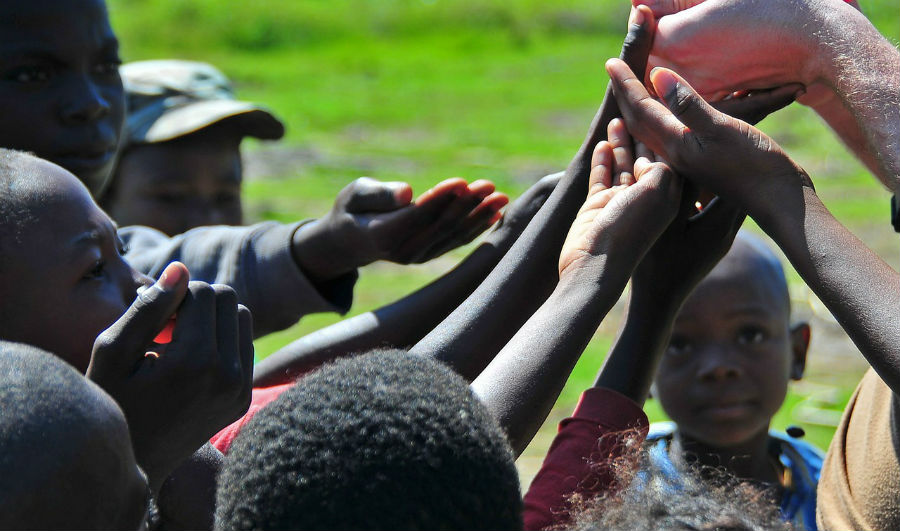Five years ago, cholera broke out in Haiti for the first time in more than a century. The disease, which can be easily treated and prevented in most countries, has thus far claimed more than 9,000 lives and has sickened more than 750,000 people.
Infection rates continue to spike periodically, and there has been inadequate efforts to vaccinate the population and to eradicate cholera from the main water supplies. Haiti is one of the poorest and least developed countries in the world, with significant economic vulnerability, low income and human resource weakness. The vast majority of its population relies on water from its main rivers for washing, cooking, cleaning and drinking. And it was one of these rivers – the Artibonite – that was contaminated with cholera.
Despite there being no current conflict in Haiti, the United Nations has had a peacekeeping force in the country since 2004. That peacekeeping force – MINUSTAH (the United Nations Stabilisation Mission in Haiti) – is believed to have brought cholera into Haiti in October 2010.

Independent scientific reports point to the peacekeeping camp in Mirebalais as the source of the cholera contamination. Raw faecal waste is thought to have flowed from the camp into a nearby tributary that feeds into the Artibonite River. The strain of cholera identified in Haiti is a rare one typically found in the same area of Nepal from which a contingent of UN peacekeeping troops had recently been deployed (after an outbreak in their homeland). These Nepalese peacekeepers arrived in Mirebalais a few days before the disease broke out.
Much has been written about whether the UN has legal or moral responsibility – or both – for containing and eradicating the disease. Much has also been written about the most effective ways to remedy those affected by the disease. But, to date, nothing has been done to give effect to either of those crucial components in the fight for justice for Haiti cholera victims.
Representatives of the victims of cholera filed legal claims in the New York District Court in 2011, but these have still have not been heard on substance. The UN is relying on its absolute immunity from the jurisdiction of national courts, which it views as a necessity to be able to conduct peacekeeping operations around the world.
As a result, those claims are currently at the appellate stage in terms of whether the UN is able to be brought before the court, and even if successful it will be many more months or years before the substantive issues are resolved. Meanwhile, the Haitian government’s ten-year National Cholera Elimination Plan is woefully underfunded, as is the government’s two-year Operational Plan that is supported by the UN. This means that water and sanitation infrastructure remain weak, at best, and cholera continues to infect, sicken and kill Haitians.
The University of Birmingham, recognising the pressing need to address the current deadlock, held a one-day summit this week at which leading experts produced a draft plan to resolve the situation of cholera in Haiti. The summit focused on the key components necessary to resolve the ongoing situation, including how to ensure that the disease is contained, that victims are provided with remedies, and that other and future UN peacekeeping operations are not jeopardised by the proposed outcome.
We have been working on this issue together and separately for many years. Participants in our summit included current and former high-level UN staff from the fields of Law, Peacekeeping and Humanitarian Action, as well as experts on human rights and water and sanitation, on international conflict resolution and on state-building and diplomacy.
The outcome document produced will aim to be acceptable to and accepted by both parties, in order that steps may finally be taken to change the situation in Haiti to remedy previous victims and to prevent further outbreaks.
Dr Rosa Freedman (Law School) and Dr Nicolas Lemay-Hébert (International Development Department)